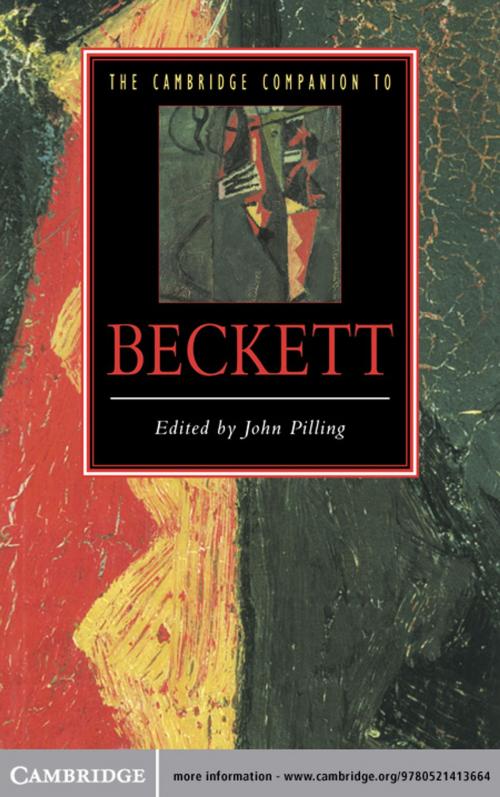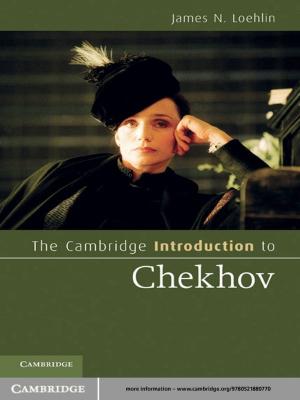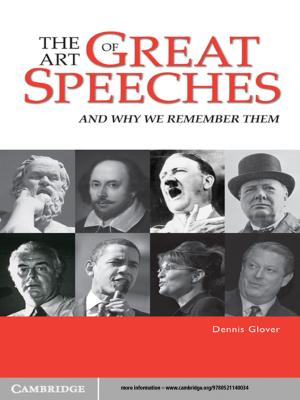The Cambridge Companion to Beckett
Fiction & Literature, Drama, Continental European, Nonfiction, Entertainment, Literary Theory & Criticism| Author: | ISBN: | 9781139815185 | |
| Publisher: | Cambridge University Press | Publication: | March 17, 1994 |
| Imprint: | Cambridge University Press | Language: | English |
| Author: | |
| ISBN: | 9781139815185 |
| Publisher: | Cambridge University Press |
| Publication: | March 17, 1994 |
| Imprint: | Cambridge University Press |
| Language: | English |
The world fame of Samuel Beckett is due to a combination of high academic esteem and immense popularity. An innovator in prose fiction to rival Joyce, his plays have been the most influential in modern theatre history. As an author in both English and French and a writer for the page and the stage, Beckett has been the focus for specialist treatment in each of his many guises, but there have been few attempts to provide a conspectus view. This book, first published in 1994, provides thirteen introductory essays on every aspect of Beckett's work, some paying particular attention to his most famous plays (e.g. Waiting for Godot and Endgame) and his prose fictions (e.g. the 'trilogy' and Murphy). Other essays tackle his radio and television drama, his theatre directing and his poetry, followed by more general issues such as Beckett's bilingualism and his relationship to the philosophers. Reference material is provided at the front and back of the book.
The world fame of Samuel Beckett is due to a combination of high academic esteem and immense popularity. An innovator in prose fiction to rival Joyce, his plays have been the most influential in modern theatre history. As an author in both English and French and a writer for the page and the stage, Beckett has been the focus for specialist treatment in each of his many guises, but there have been few attempts to provide a conspectus view. This book, first published in 1994, provides thirteen introductory essays on every aspect of Beckett's work, some paying particular attention to his most famous plays (e.g. Waiting for Godot and Endgame) and his prose fictions (e.g. the 'trilogy' and Murphy). Other essays tackle his radio and television drama, his theatre directing and his poetry, followed by more general issues such as Beckett's bilingualism and his relationship to the philosophers. Reference material is provided at the front and back of the book.















